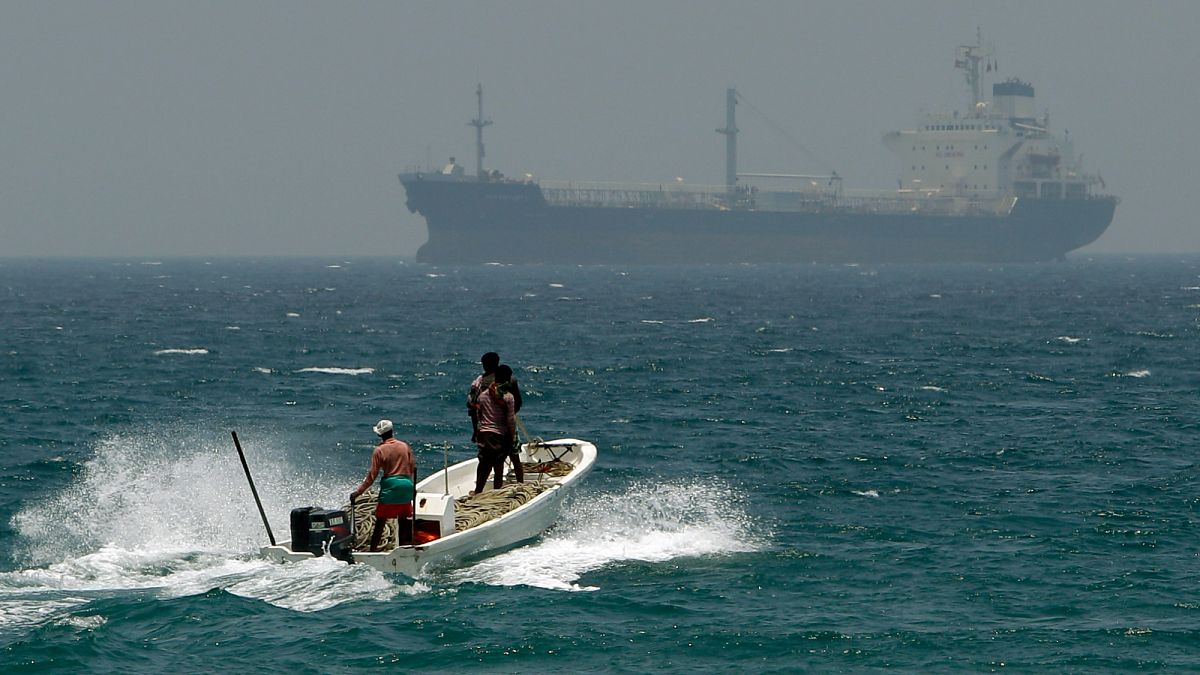China has called for greater international efforts to defuse international tensions affecting the global economy amid jitters over Iranian threats to block the Strait of Hormuz.
Iran’s parliament endorsed closing the Strait, a critical global trade chokepoint, in response to US airstrikes on Iranian nuclear sites, Iranian state media reported on Sunday, though any final would need to be made by Iran’s Supreme National Security Council and Supreme Leader Ayatollah Ali Khamenei.
US Secretary of State Marco Rubio on Sunday called for China to prevent Iran from closing the Strait, one of the most important trade routes for crude oil in the world.
“I encourage the Chinese government in Beijing to call them about that, because they heavily depend on the Straits of Hormuz for their oil,” Rubio said in an interview on Fox News.
China is Iran’s most important oil customer and maintains friendly relations with the Islamic Republic.
Asked at a press briefing in Beijing on Monday whether China had spoken with Iran on the issue, foreign spokesperson Guo Jiakun said the Persian Gulf and nearby waters are an important route for international trade in goods and energy.
“Keeping the region safe and stable serves the common interests of the international community. China calls on the international community to step up effort to promote de-escalation of the conflict, and prevent the regional turmoil from having a greater impact on global economic growth,” Guo added.
“Closing the Strait of Hormuz by Iran would be very dangerous and not good for anyone,” said EU High Representative Kaja Kallas on Monday, ahead of a meeting with foreign ministers from the 27 member states in Brussels.
Iran’s short- and medium-range missiles would be capable of targeting oil infrastructure platforms, pipelines in the Strait, or even attacking commercial vessels, and surface-to-surface missiles could target tankers or ports along the Gulf.
Airstrikes using aircraft and drones could disable navigation or radar equipment at major shipping ports in the region.
Unmanned drones like Iran’s Shahed models could potentially be used to attack specific shipping lanes or infrastructure in the Strait. Iran could attempt to deploy warships to physically block access to the Strait. In 2012, Iran launched a cyberattack on Saudi Arabia’s oil industry, showing its growing capability in this area.
The Strait of Hormuz is one of the most strategically vital waterways in the world and any blockade by Iran would pose serious risks for Europe.
Blocking the Strait was one of four Iranian responses to the conflict including terrorist acts on mainland Europe which security expert Claude Moniquet cited in an interview with Euronews.
It would be “a disaster for Europe,” the former French intelligence officer said.
Threats to energy security, economic shock, security and military escalation, and shipping and trade disruptions are all among impacts expected if the strait is closed.
Beyond oil, the strait is a key route for global shipping. Disruption could delay European imports of raw materials, electronics, and consumer goods, affecting supply chains.
Insurance premiums for shipping could spike, raising costs for European businesses and consumers.
Read the full article here


